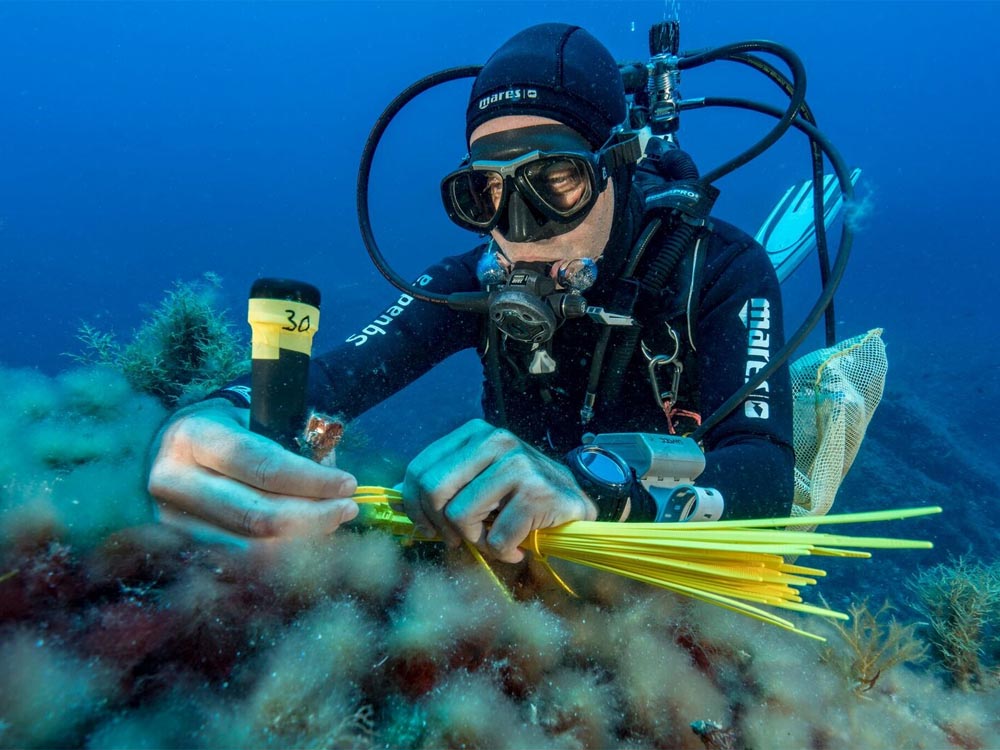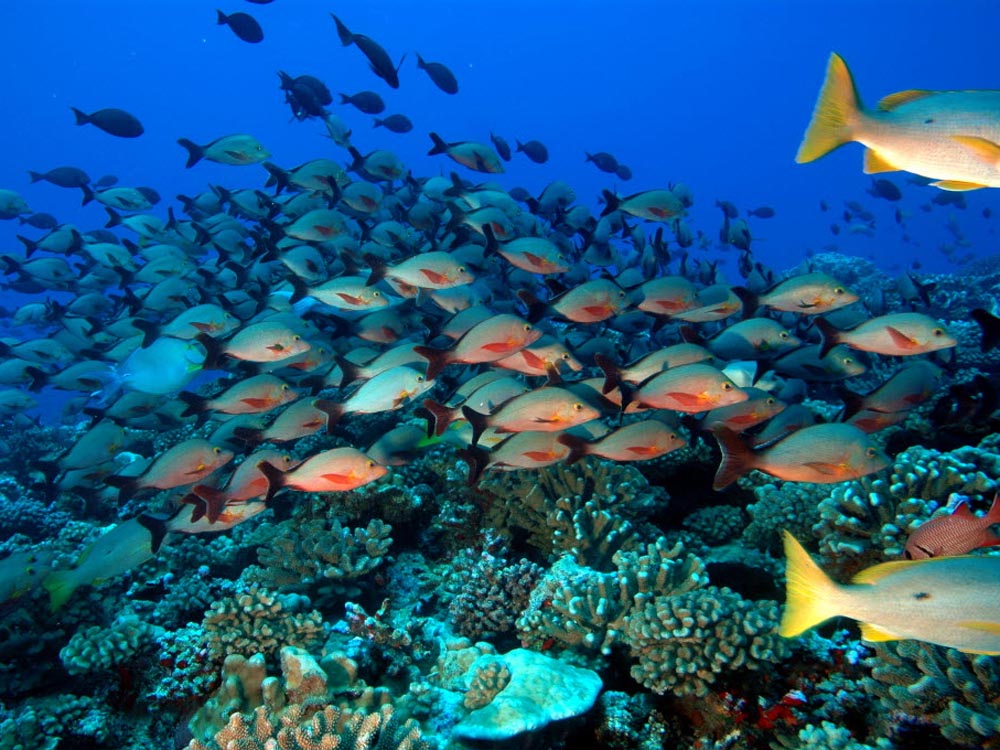MPA-ADAPT
Guiding Mediterranean MPAs through the climate change era: building resilience and adaptationProject presentation
Although MPAs come in many forms, from wildlife refuges to research facilities, they all restrict human activity for conservation purposes. They play an important role in climate change mitigation and adaption. However, many MPA management plans lack specific measures for addressing climate change. This is further hampered by a lack of information, capacity and funding.
The MPA-ADAPT project tackles these challenges by integrating climate change adaptation action plans into existing management frameworks. Managers at each of these pilot sites are given extensive training and one-on-one consultations on adaptive management standards for addressing climate-related issues. The project organised three workshops covering such topics as adaptive management, identifying vulnerabilities, and implementing protocols for monitoring marine communities. To ensure coastal communities benefit from the project, local administrations, fishermen and other key actors have been invited to take part in the project.
Partnership
Lead partner
Spanish National Research Council (CSIC) (Spain)
8 Partners
5 Associated partner
5 Pilot sites
4 Countries
Key messages
For managers
- The series of standard protocols developed during the MPA-Adapt project provide a practical guide to track climate related impacts in MPAs and beyond;
-
Collaborative and site-specific adaptation plans for MPAs to enhance resilience to the effects of climate change, have been developed;
-
Local knowledge matters for environmental monitoring and management. It may provide ecological information on a large scale, thus contributing to conservation. Empowering the voices of local communities improves our capacity to understand and cope with the ongoing changes.
For policy
-
The Mediterranean Sea is warming 20% faster than the world’s average. Several Mediterranean MPAs are already facing major biodiversity and functional alterations due to climate change, whereas others will likely face them in the next few decades. There is therefore an urgency to mitigate these risks and to consider adaptation options in partnership with local communities, decision makers, civil society organisations, research bodies, and other socio-economic actors at the local, national and regional level;
-
MPAs are considered key nature-based solutions (NbS) to support global efforts in the face of climate change threats because of their role in contributing to mitigating the impacts and increasing the ecological, social, and economic resilience of coastal communities;
- Ecosystem services provided by marine ecosystems are rapidly changing under the pressure of climate change. Faced with the large-scale of this phenomenon, we need novel, cost-effective strategies that are able to increase our spatial and temporal resolution monitoring capacities to track the changes and impacts. Five standards protocols were designed by MPA-ADAPT partners to monitor climate related responses in Mediterranean marine protected areas and beyond.
For science
- T-MedNet is a platform devoted to developing an observation network on climate change effects in marine coastal ecosystems by spreading the acquisition of standard monitoring protocols on seawater temperature and biological indicators over a large-scale and long-term;
-
Local knowledge matters for environmental monitoring and management. It may provide ecological information on a large scale, thus contributing to conservation. Empowering the voices of local communities improves our capacity to understand and cope with the ongoing changes;
-
The implementation of nature-based solutions through the existence of MPAs and the implementation of specific ecosystem improvements reinforces the value of Mediterranean MPAs in addressing adaptation and mitigation measures in the face of climate change impacts.





